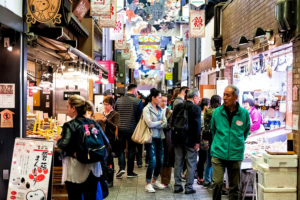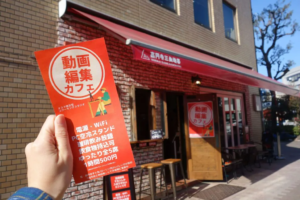We Must ‘Slow Down’ the Internet! Here’s Why
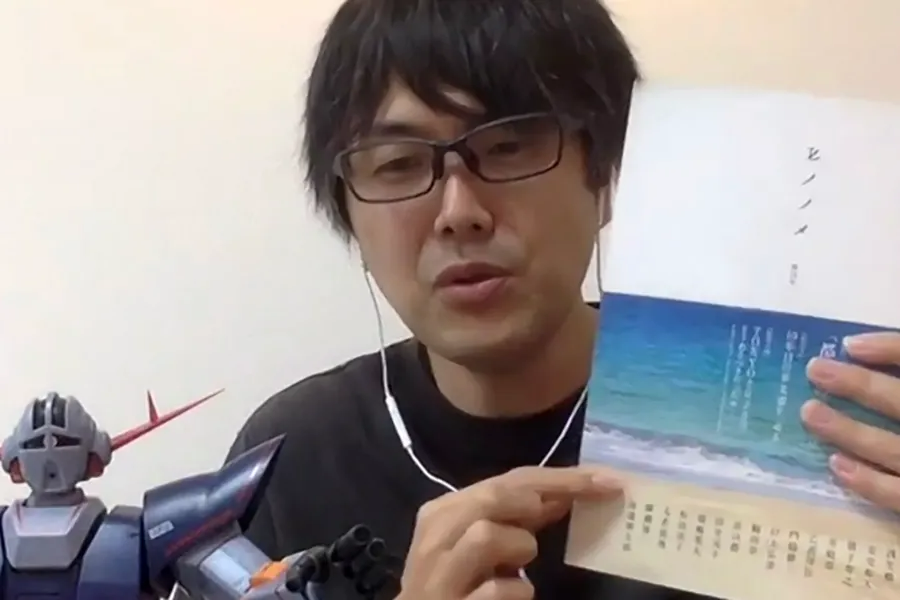
The world is getting consumed by the internet and life has become scarily more virtual. In a symposium on working styles called Tokyo Work Design Week (TWDW), critic Tsunehiro Uno elaborates on how the real world is approaching the internet and how it is time to slow the internet down.
With each passing day, along with the significant increase in internet speed (5G and more), our internet usage speed is also running rapidly. In other words, we are now living in the times of fast internet which has literally brought the world to the palm of our hands. But experts believe that this “fast internet” might be going a little too fast and that it might become more harmful than useful.
How Fast is Too Fast?
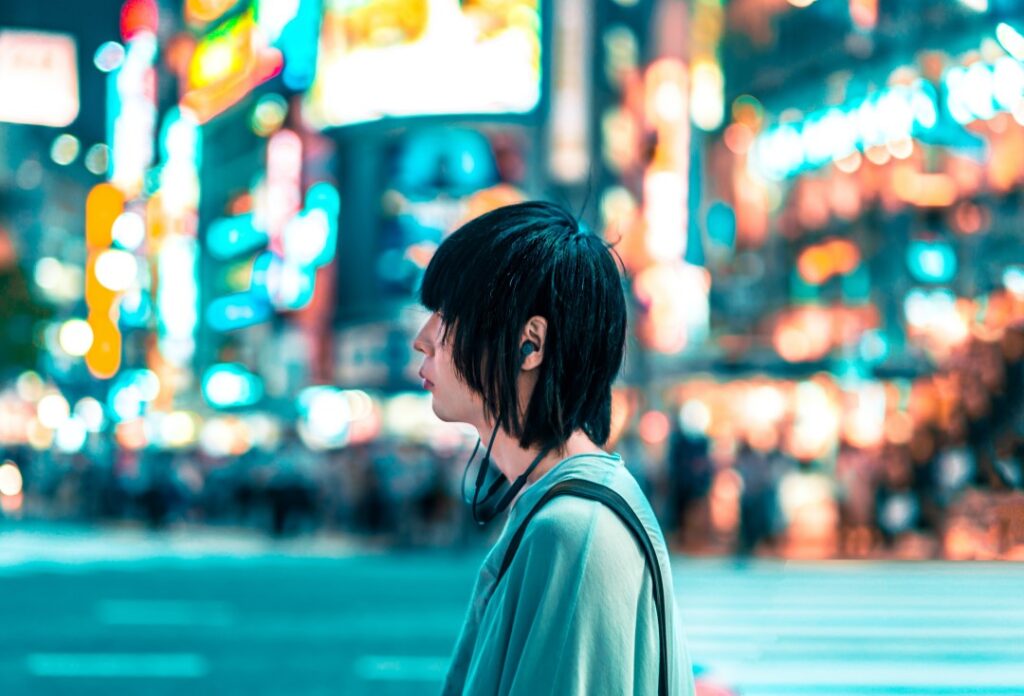
According to Mr. Uno, the internet today makes us respond to the flow of information like a final act. It is a game of mutual praise where we try to increase our followers and get more retweets and likes. There is almost no incentive to suggest solutions to problems when they arise or to constructively re-examine the issues themselves.
As a result, topics that have already become overwhelming on our timelines present only three options: support, oppose, or laugh scornfully. Opinions no longer circulate among people. And these three patterns are the fastest way to earn reactions from people.
Uno emphasizes that today’s internet is too fast, to begin with. Most people will read in the news a timeline of what happened, but they won’t investigate the background of that information or related articles. In other words, we are being synchronized through the power of a global platform, swept along at a very fast pace, and we are no longer thinking deeply about things. Consequently, diversity is being lost in our informational society.
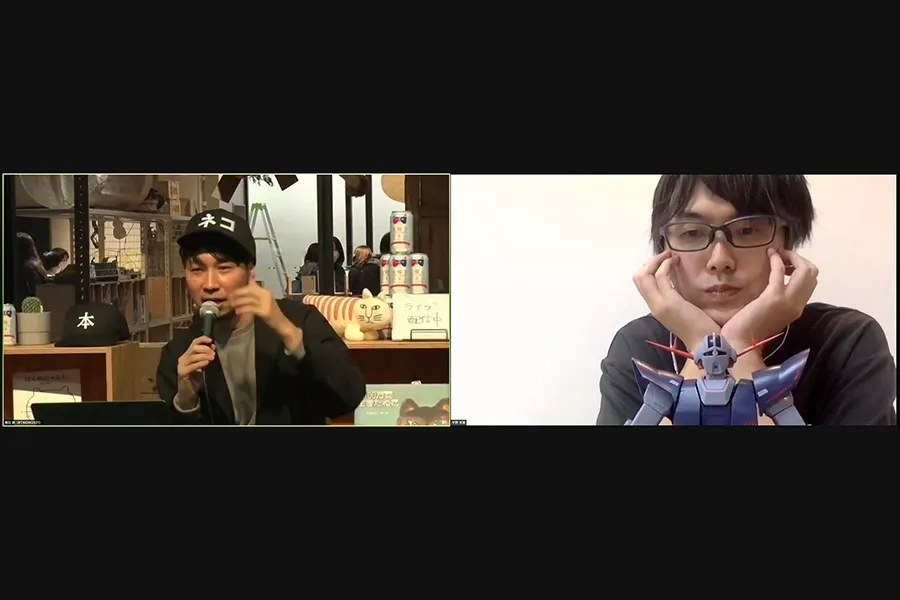
That’s why Mr. Uno started a movement to use the internet slowly. To start, he launched “Mononome”, a unique web magazine that completely ignores the current timeline. It is updated regularly with 10-20,000 characters long, high-quality articles which people can’t reflexively react to on their smartphones.
However, no matter how hard you try, a web magazine is still read one article at a time. If you read a physical magazine for a specific article, other articles will also catch your eye. As part of the ‘Slow Internet Approach’, Mononome was launched as a physical magazine in order to have people expand their perspectives through forced chance encounters.
Bookstores vs. Amazon – Fighting for Authentic Experiences

Uno says that it is his own resistance movement. He explains that in the 2010s, there was a phrase “mobility revolution” when people were mobilized by SNS in the real world outside the internet. The Arab Spring is one example, as are idol handshake events, summer festivals, and Instagram. “Some people called it the “restoration of rights”, but I don’t think that was the case.”, he adds.
The reason is that those who were mobilized by SNS only saw the hashtag they were looking for. They looked at their smartphones in transit without seeing all the things on the street they could have interacted with, going headlong and with pinpoint accuracy to their destination. The decade called the “mobilization revolution” was actually a decade where the real world was contaminated by SNS.
Bookstores are a good representation of this. These days, most bookstores look at Amazon rankings when they set up their sales floor. Although there are many places where some conscientious staff members take it upon themselves to go beyond their duties and resist this trend, it’s hard to completely reverse it. Even places like bookstores are contaminated by this global platform. If every bookstore arranges its books according to Amazon’s ranking, then it would be more convenient to just buy on Amazon.
Uno further explains, “I think that bookstores should be spaces where one can encounter unintended things. “Mononome” is self-distributed, and such products will inevitably bring unique characters to one’s bookshelves. I wanted to teach readers to truly feel the value of buying a book at a bookstore, which is why I chose not to sell the magazine on Amazon.”
A Community Created Because of Cats
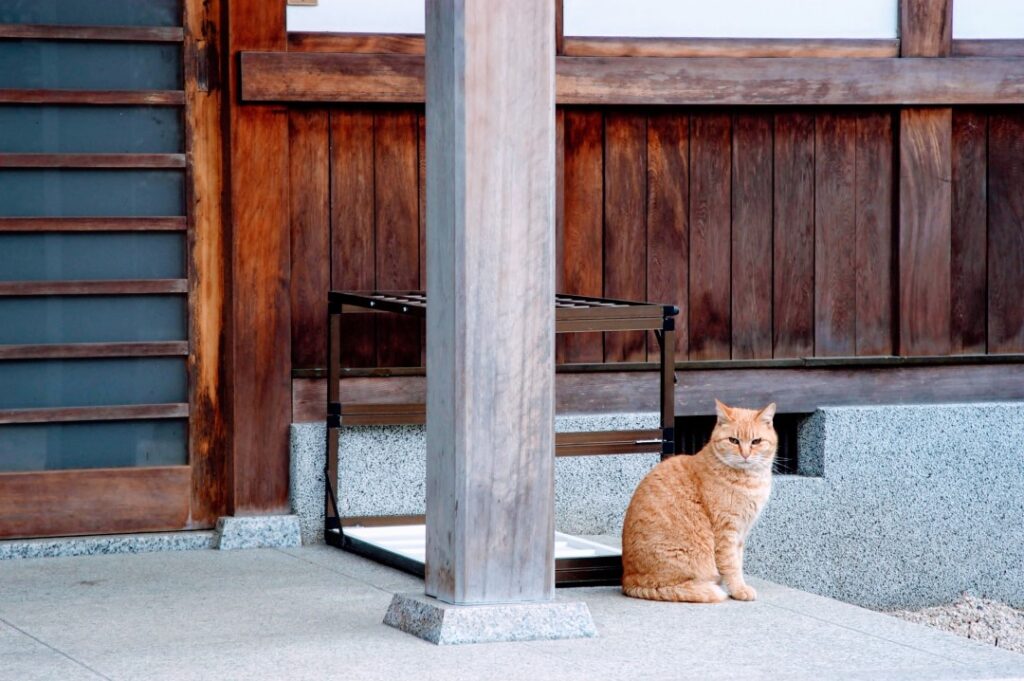
In the first issue of “Mononome”, there’s a page titled “A Cat’s-eye View”, which touches on the similar “bug’s-eye view” and “bird’s-eye view”.
In order to re-examine human-created city spaces from the perspectives of non-human plants and animals, Mr. Uno walked around cities and saw things from a cat’s perspective, thus gaining the cat’s-eye view.
Uno explains, “I observed an area where cat owners came to abandon their cats, who then became semi-neighborhood cats. They were originally stray cats, but soon cat lovers would come & feed them, have them spayed and neutered, and take them to the hospital if they got sick. The cat lovers just became a loose team, not quite a community, just to look after the cats.”
In other words, the people weren’t actually interested in each other. But in order to take care of the cats, they had to form a strong partnership, and as a result, they came to respect each other greatly.
How the Internet Changed Shibuya
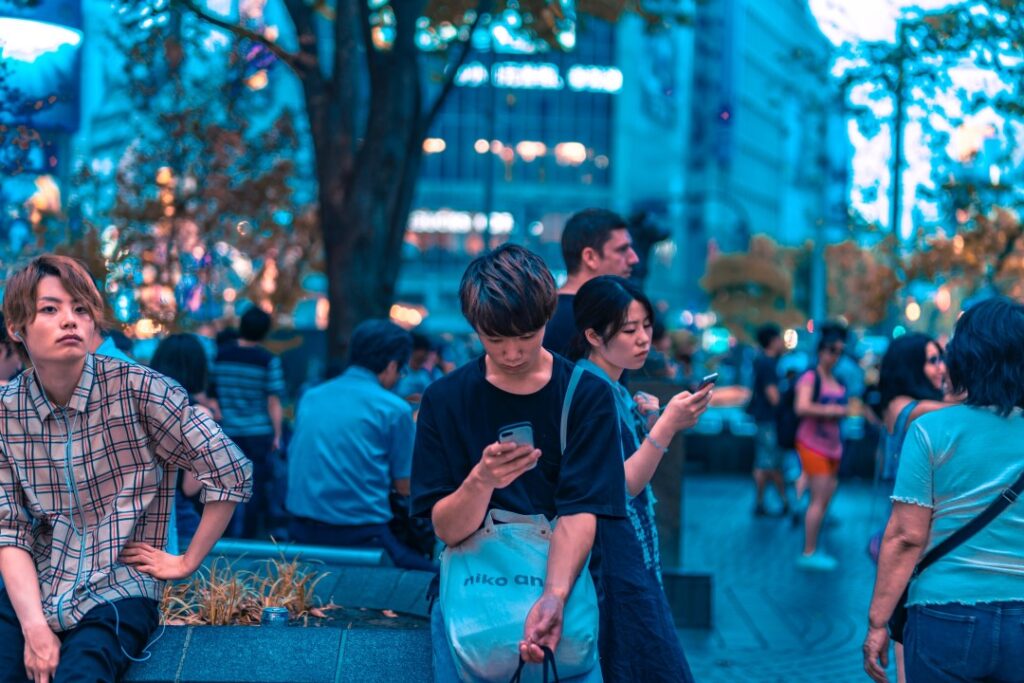
Explaining the example of urbanization & the penetration of the internet in the Japanese city of Shibuya, Mr. Uno describes how the internet has drastically changed the way people lived in cities.
He says, “Shibuya was once an organically formed town where people could enjoy walking around, but it seems as though high-rise buildings are constantly lining the streets, growing ever upwards.”
Shibuya in the 80s and 90s was a town of youths, who were the main players in the consumer culture, as well as the epicenter of the street subculture. There was no internet at that time, and you had to go out in the town to buy anything. You would encounter miscellaneous things which you hadn’t been looking for. You might go to buy some clothes but happen to see a pair of shoes that you like and buy them. Basically, people expanded their worlds through consumption, and that was highly praised.
Mr. Uno emphasizes that in the modern days, however, people are not looking for objects, instead, they want to share experiences. They share their Check-Ins on Facebook for popular events. It is no longer cool to go into town to buy material objects.
Furthermore, because the internet can be used on personal devices, people can go directly to their destinations, which have all been swallowed up by station buildings optimized for people to complete their tasks. Things have shifted completely from street to tower.
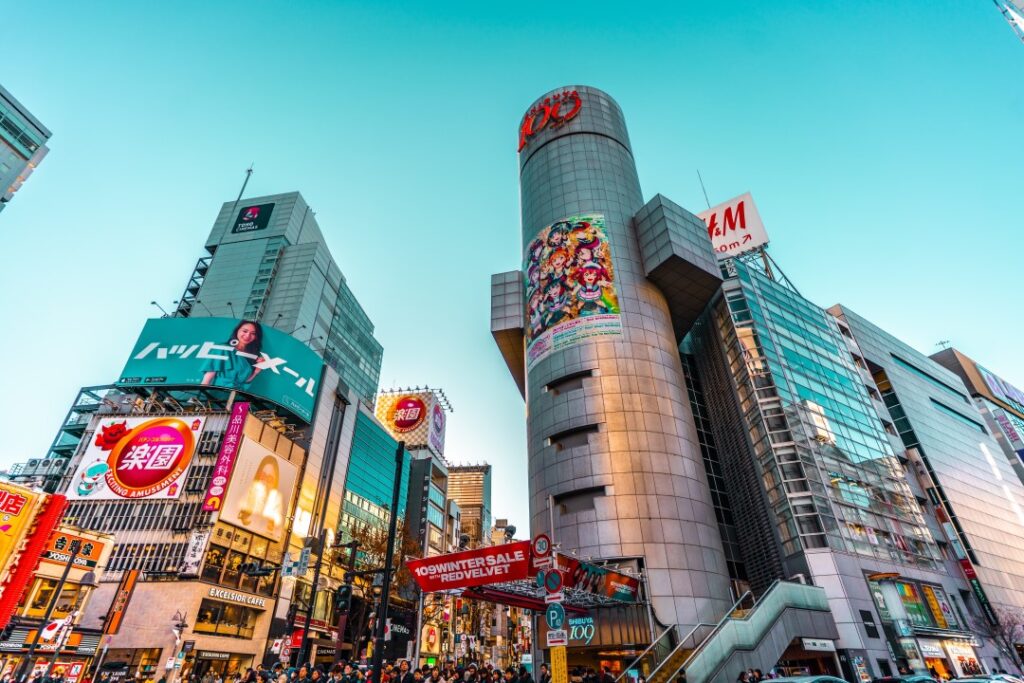
He adds, “The streets used to be places where miscellaneous things were scattered randomly, allowing people to expose themselves to chance encounters. But they have changed into a world where we search online for something and are guided to effectively absorb what we planned on getting from the beginning. Now when you come to Shibuya, you can complete all your errands at Hikarie, Stream, and Scramble Square and then go home. This is not limited to Shibuya in Tokyo; similar things are happening all across Japan.”
How to Save Your Mind from Fast Internet?
Answering a question about any other options to slow the internet down besides initiatives like Mononome, Mr. Uno says people should be more interested in the world around them.
He continues, “I want to establish a solid channel there. It’s just like someone who is completely uninterested in things within a 500-meter radius of their home—what kinds of bugs are there, what kinds of buildings are there, what kind of history—even if that person goes traveling abroad, they won’t gain anything from it.”
According to Uno, if someone can’t think about their own real life, it’s like they’re just viewing the world as a fantasy world. Humans must consider things in our immediate vicinity while also training for the ability to adapt to larger issues.

To think deliberately about things in our lives in order to distance ourselves from the internet, we also need to forget about getting “Likes” from those around us. It’s not good to have too much interest in seeking affirmation from others. We look too much at other people’s countenances without facing the issues.
We should forget the eyes of others and re-examine what we can gain from the things around us. We should forget current fads, what famous people say, and everything like that for a while. For humans, it has become increasingly important to secure the time to start thinking internally from basic principles again.
Uno further states that the real world has become quite contaminated by the internet, so it’s become quite fast. He says, “That’s why, rather than talking about the real world, I’m focusing on people’s mental state. In other words, I think we each need our own “slow” stream of time.”
In the end, we as humans must now strive to find our way out of this fast-paced whirlpool of the internet, while also finding answers to questions like- How can we curb the kind of communication which seeks to gain points by causing a stir in something which everyone in the world is interested in? How can we improve our ability to not be bothered by that?
We need time to come to grips with the truth and solitude within ourselves.
Production Cooperation: George Kuromiya + Note,Ltd






